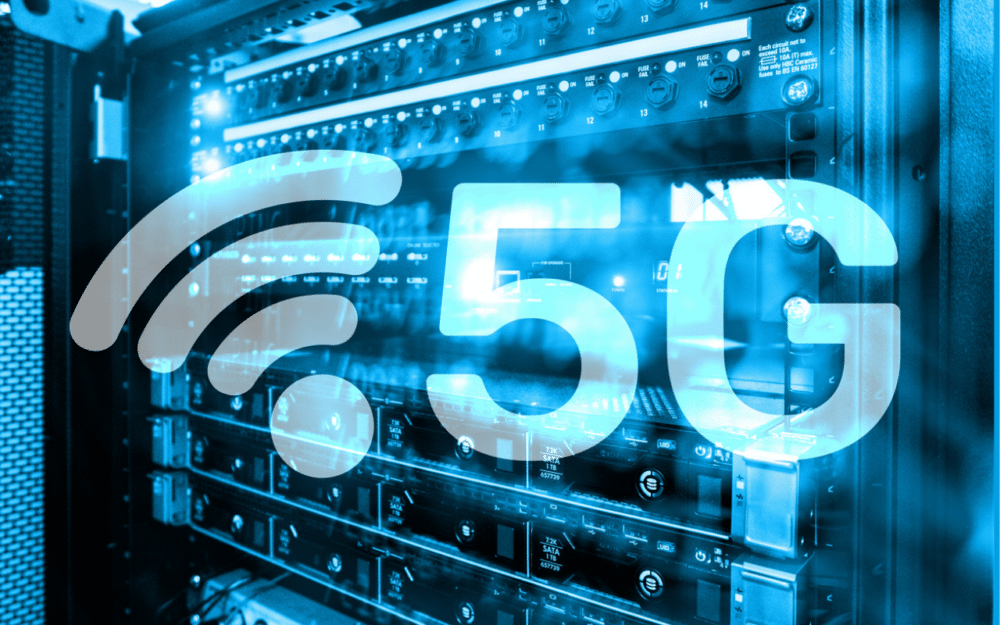With the expanding requirements of numerous businesses and industries, private 5G networks are emerging as crucial advancements in the telecom industry. On the back of the myriad of benefits of the 5G network in 2022, almost 4000 businesses were using private 5G networks. By 2028, almost 60,000 people are expected to use private 5G networks. Aashi Mishra, writer at Research Nester gave her insights on this global market that is set to surpass USD 47 Billion by 2036.
Private 5G systems allow businesses to incorporate dedicated cellular devices. The system compliments Wi-Fi to render a customized user experience. The public 5G is shared between resources provided by the mobile network operators while the private 5G provides dedicated enterprise access to provide resources under the control of the enterprise.
Use Cases of Private 5G Networks
Warehousing and Logistics
With the surge in the manufacturing sector and e-commerce domain, the world’s warehousing and logistics industry is thriving. For instance, in the United States alone, almost 21,000 logistics businesses are currently in service.
Logistics hold potential use cases for private 5G networks for tasks such as sorting, tracking, management, shipments, and monitoring packages. The software is integrated with the complex inventory management systems. Private 5G can support the below-written functions:
- Smoothly supporting the transition to the digital system
- Efficient management of the inventory
- Managing a safe working environment
- Quality management by ensuring intra-logistics excellence
- Offer advanced security measures
READ ALSO
Manufacturing
Approximately 10 million manufacturing industries were estimated to exist worldwide in the year 2020. With the rising competition in the manufacturing industries, there is a surge in requirements for increased speed, network capacity, reduced latency, and deterministic reliability.
Incorporating 5G into manufacturing brings numerous benefits. Ultra-reliable 5G has the potential to ensure nearly flawless connectivity in factories, with reliability rates reaching as high as 99.99%. Additionally, it’s projected that approximately 21% of the initial network configuration will be facilitated by generative AI technology.
- Potential to reduce labor costs and defects
- Private 5G combines reliability, flexibility, and security
- Private 5G would unlock generative AI potential and edge computing
Hospitality and Venues
A private 5G network has the potential to optimize hotel operations by enhancing both guest and staff networks and enabling smoother delivery of hotel services. Moreover, private 5G mitigates the issue of congested public cellular networks, ensuring reliable connectivity for hotel operations.
Education and Universities
Private 5G can render seamless connectivity throughout the campus and eradicate dead zones. This ensures the staff and students have access to high-speed internet in every nook and corner. Large educational institutions often experience network congestion during peak hours. Some of the benefits of private 5G in educational institutions are:
- Higher bandwidth and speeds
- Improved learning environment
- Efficacious data handling
- Provide enhanced cost efficiency
- Impeccable integration with the Internet of Things
- Tailored network configuration
Corporate Campuses and Offices
The leading IT companies have huge infrastructure and campuses. Thus, they require multiple repeaters and routers to cover the area. In 2023, globally almost 351,521 large companies were employing more than 250 people. These companies are expected to incorporate their offices with private 5G networks.
Transportation
In transportation, private 5G can help in fleet tracking, providing live data in dynamic insights, and inventory management. Some of the prominent benefits of the private 5G are:
- The speed of data transfer is 10 to 100 times faster than 4G.
- Only 1o milliseconds of latency
- Ability to support millions of devices for predictive analytics
- Easy blocking out and smooth creation of new user profile
All these industries are equipping themselves with ultra-modern connectivity features and a private 5G network is the best option to adopt. Let us now understand the future scope of the private 5G network market in the future.
READ ALSO
Private 5G Network Market Analysis
The private 5G network market size is poised to cross almost USD 500 billion by the end of 2036. In 2023, the market size was over USD 47 billion. The growth of the market can be attributed to the following factors:
- Enhanced demand for industrial connectivity
- The surge of Internet of Things devices
- Enterprises across various sectors are undergoing digital transformation initiatives
- The integration of private 5G networks with edge computing
- Development of Smart Infrastructure
Some of the prominent companies in the market are AT&T Inc, Deutsche Telekom, Huawei Technology Co. Ltd Juniper Networks, Mavenir, Nokia, Samsung Electronics Co., Ltd, Telefonaktiebolaget LM, Ericsson, Verizon Communications, ZTE Corporation, etc.
Private 5G networks will become a crucial part of operations across numerous industries. The use cases show that a private 5G network will be an imperative technological advancement for the future.











